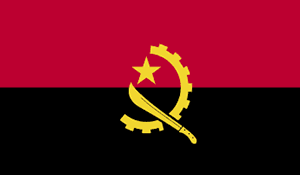
Ангола: облигации, индексы, кредитные рейтинги
Наименование страны
Ангола
Облигационный долг
22 045 млн USD





